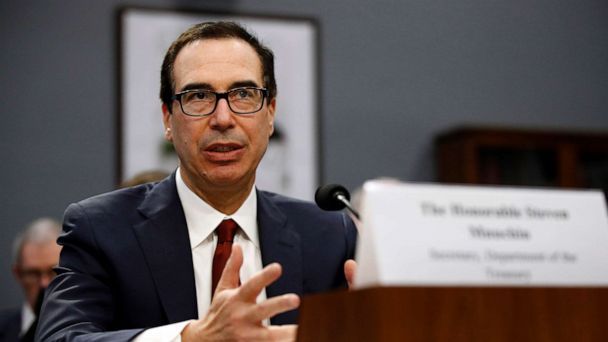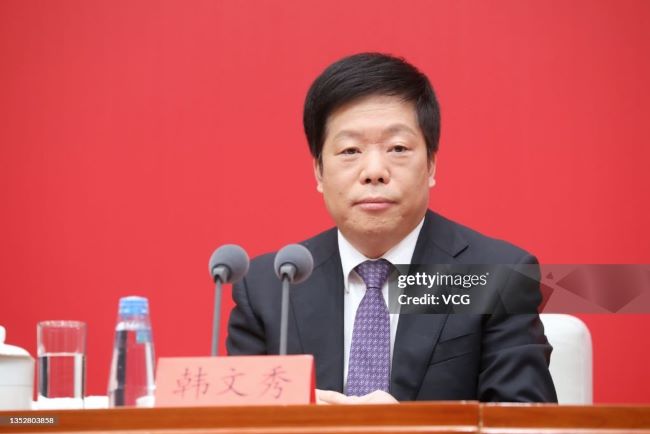Sonali Ray, writer
Brief news
- Saudi Arabia’s domestic investment efforts have led to a significant boost in the assets of the Public Investment Fund, reaching 2.87 trillion Saudi riyals in 2023.
- The Saudi government has implemented legislation and reforms to encourage and mandate investment in the country as part of its Vision 2030 strategy.
- The new investment law aims to attract $100 billion in annual foreign direct investment by 2030, but some observers are skeptical about the feasibility of this target.
Detailed news
Saudi Arabia is making significant strides in its pursuit of domestic investment, which has resulted in higher standards for expatriates who wish to transfer capital to other countries.
Local investment was a significant factor in the 29% boost in the assets of the Public Investment Fund, the kingdom’s $925 billion sovereign wealth fund, to 2.87 trillion Saudi riyals ($765.2 billion) in 2023, as announced in its annual report earlier this week.
The fund’s foreign investments increased by 14% to 586 billion riyals, while its domestic infrastructure and real estate development investments increased by 15% year-on-year to 233 billion riyals. Simultaneously, the Saudi government implemented legislation and reforms to encourage and even mandate investment in the country as it implements its Vision 2030 strategy to diversify its oil-dependent economy.
“The PIF’s report signifies a transition from investments that are driven by external factors to those that are centered on domestic opportunities.” Tarik Solomon, chairman emeritus of the American Chamber of Commerce in Saudi Arabia, stated to CNBC that the era of perceiving Saudi Arabia as a purely financial reservoir is coming to an end.
“Today, the success of the PIF is contingent upon partnerships that are founded on mutual trust and a long-term perspective. Stakeholders are expected to make meaningful contributions with their capital, rather than solely pursuing profits.”
One example is the headquarters law of the kingdom, which was implemented on January 1, 2024. This law mandates that foreign companies operating in the Gulf must establish their Middle Eastern headquarters offices in Riyadh in order to secure contracts with the Saudi government.
Saudi Arabia’s Investment Law, which was recently revised, is also designed to attract a greater amount of foreign investment. The country has established a bold objective of attracting $100 billion in annual foreign direct investment by 2030.
According to data from the kingdom’s investment ministry, the figure has averaged approximately $12 billion annually since Vision 2030 was announced in 2017. However, it remains a significant distance from the desired level.
Certain regional observers are uncertain about the realism of the $100 billion figure.
A financier based in the Gulf, who spoke anonymously due to professional restrictions, stated to CNBC that the new investment law is unquestionably critical in facilitating more FDI. However, it remains to be seen whether it will result in the significant increase and quantum of capital required.
Solomon reiterated the sentiment, emphasizing that the Saudi budget will necessitate higher breakeven oil prices in order to fund increased expenditure on major initiatives.
“It is yet to be determined whether the PIF’s domestic investments will generate the anticipated returns, particularly in a region characterized by instability and oil-dependent budgets that are experiencing extended periods of low oil prices,” he stated.
However, James Swanston, an economist at Capital Economics who specializes in the Middle East and North Africa region, stated in a recent report that the new law will “enhance local business conditions to encourage foreign investment.”
For years, investors have expressed their dissatisfaction with the Saudi economy due to the ambiguous and frequently ad hoc regulations that discourage expanded engagement. The Saudi government has stated that the new law will, among other things, introduce a simplified registration process to replace license requirements, make foreign investors’ rights and duties uniform with those of citizens, and simplify the judicial process.
Swanston wrote, “We have long contended that the concept of ‘wasta’ (loosely translated as ‘who you know’) has been a significant impediment to foreign companies establishing themselves in Saudi Arabia.”
Additionally, the burden that has been recently imposed on the Public Investment Fund to compensate for the diminished foreign investment into the Kingdom should be alleviated by encouraging greater foreign buy-in, he stated.
There will be no more “dumb money.”
The trend toward increased scrutiny and domestic priorities is not entirely novel; rather, it has gained momentum annually.
The Gulf has long been perceived as a source of “dumb money” by many overseas firms. However, some local investment managers have stated that investment from the region has become much more sophisticated, employing deeper due diligence and being more selective than in previous years. This is in reference to the stereotype of oil-rich sheikhdoms throwing cash at whoever wants it.
Marc Nassim, partner and managing director of Dubai-based investment bank Awad Capital, stated to CNBC in 2023, “Previously, it was significantly simpler to approach an individual and request a few million dollars on behalf of a fund manager from San Francisco.”
“I believe that only a small number of them will be able to extract funds from the region; they are much more discerning than they were previously.”
The Gulf-based financier, who declined to be identified, stated that the kingdom’s priority is now evident to foreign investors, if it was not previously.
He stated, “PIF has been concentrating on the co-optation of investment into Saudi Arabia for the past few years.” It required some time for financiers to gain a comprehensive understanding of the pivot’s scope and magnitude. It is entirely appropriate to focus on the transformation of the economy.
Source : CNBC News



